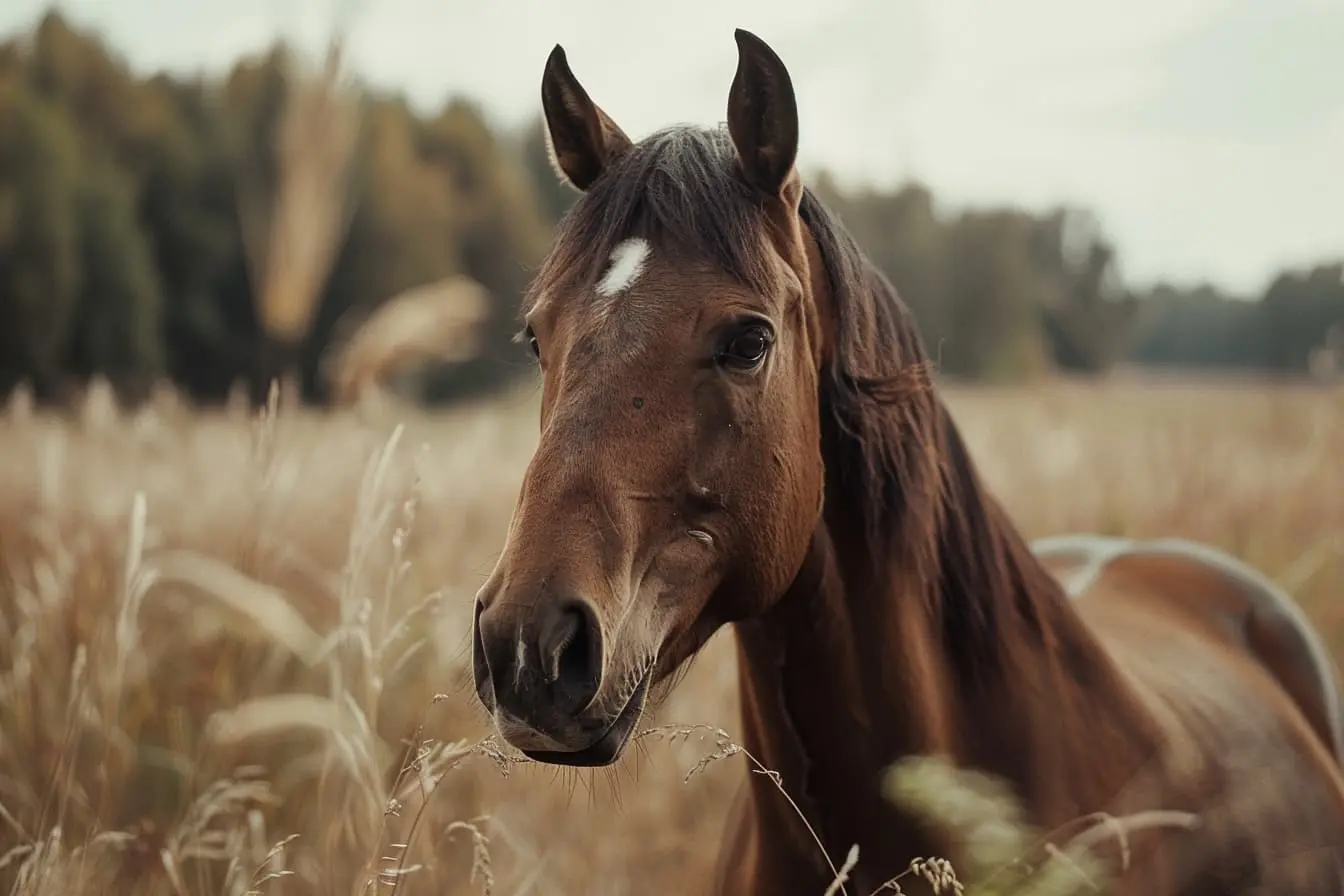
Navigating the Sale of Your Horse: A Seller's Guide
Selling a horse can be an emotional and complex process, requiring careful consideration to ensure a smooth transition for both the horse and its new owner. Whether the decision comes from a change in circumstances, financial reasons, or the horse’s needs, it’s important to approach the sale responsibly and ethically. This guide provides key considerations and steps for sellers in the UK to ensure the wellbeing of the horse and a transparent, fair transaction.
Prepare Your Horse for Sale
First impressions matter. Ensure your horse is in good health, well-groomed, and up-to-date on vaccinations, worming, and farrier visits. A horse that looks well cared for is more attractive to potential buyers. If your horse has any health issues, be honest about them; transparency is crucial for trust.
Set a Fair Price
Determining the right price involves researching the current market, considering the horse’s age, breed, training, and health. Setting a fair and realistic price helps attract genuine buyers. Consider consulting with a professional to appraise your horse’s value.
Create a Detailed Advertisement
When advertising your horse, be as detailed and honest as possible. Include information about its breed, age, height, experience, temperament, and any achievements. High-quality photos and videos can significantly enhance your ad, showing the horse at rest, at play, and being ridden.
Screen Potential Buyers
It’s essential to find a buyer who is a good match for your horse. Ask questions about their experience, facilities, and what they are looking for in a horse. This helps you gauge whether they can provide a suitable home and if your horse matches their needs.
Arrange Viewings
When potential buyers come to view the horse, have them watch you handle and ride the horse first, then give them the opportunity to interact with and ride the horse under your supervision. This ensures safety and helps you demonstrate the horse’s behaviour and training.
Offer a Trial Period (If Possible)
Offering a trial period can be beneficial but comes with risks. If you consider this option, ensure a contract is in place that covers liability, care standards, and what happens if the horse is injured or if the sale doesn’t proceed.
Pre-Purchase Veterinary Exam
Encourage the buyer to conduct a pre-purchase veterinary exam. This exam can provide assurance to the buyer about the horse’s health and prevent disputes after the sale.
Complete the Paperwork
Ensure all necessary paperwork is in order, including the horse’s passport, which is legally required in the UK, vaccination records, and any registration documents. Prepare a bill of sale that includes the sale details, any warranties or disclaimers, and signatures from both parties.
Transition and Aftercare
Discuss and plan the horse’s transition to its new home. Provide the buyer with details about the horse’s routine, diet, and any preferences or quirks. Offering support and advice after the sale can help ease the transition for the horse and the new owner.
Conclusion
Selling a horse responsibly involves thorough preparation, transparent communication, and attention to the horse’s welfare. By following these steps, you can ensure a smoother process for you, the buyer, and most importantly, your horse. The ultimate goal is to find a loving and suitable new home for your equine friend, where they can continue to thrive.
Vets near you
Speciality vets
- Aquatics vet specialists
- Birds vet specialists
- Camelids vet specialists
- Cats vet specialists
- Cattle vet specialists
- Deer vet specialists
- Dogs vet specialists
- Equines vet specialists
- Exotic vet specialists
- Goats vet specialists
- Pigs vet specialists
- Poultry vet specialists
- Sheep vet specialists
- Small Mammals vet specialists
- Wild vet specialists
Vet facilities
- Accessible by public transport
- Blood testing
- Car park nearby
- Client car park
- Dentistry
- Diagnostic imaging
- Disabled public access
- Flea and worm treatments
- Microchipping
- Mobile services
- Neutering
- Open at weekends
- Out-of-hours service
- Referral interests
- Referrals only
- Street parking outside
- Toilets available
- Vaccinations



